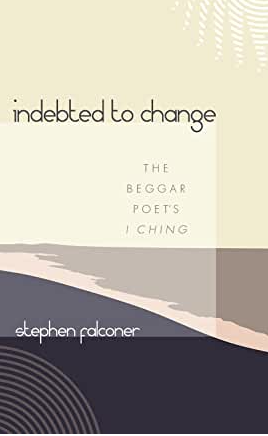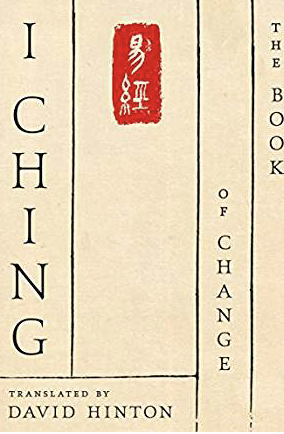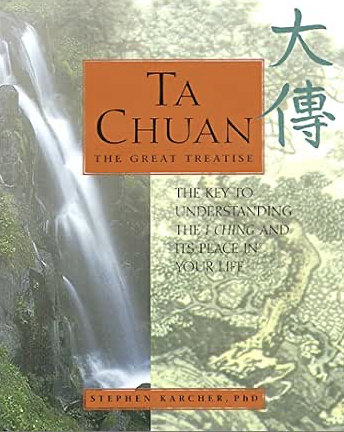Poetry Inside and Outside the I Ching
- Jim Olsen
- May 31, 2021
- 2 min read
Updated: Jun 1, 2021
Poetry is an important part of all ancient traditions, the ancient poetry you will find within the text, the poetry written about or inspired by the tradition as time goes on, the poetry written in modern times.
The I Ching contains a good bit of poetry in it original language, poetry that is lost in English translations, poetry using the four character meter of the Book of Odes, the title also translated as Book of Songs, a book written in the age of the I Ching’s creation. This should not be surprising, the Hebrew Bible/Old Testament has a good bit of poetry in it, which has inspired the Jewish and Christian traditions through the ages. So, to with Chinese literary foundations, wherein both the I Ching and Book of Odes were two of the five official Confucian Classics.
Stephen Falconer has added a book of poetry to the I Ching literature after a fairly long spell. While there are some website the provide I Ching inspired poetry, it has been awhile since a book of poetry came out.
~~~
A book of free-verse irregular poetry, one for each hexagram. The titles are related to the idea of each hexagram. The poetry is drawn from the author’s experience, with modern and sometimes nature themes, while reaching toward spirituality.
Other books, which have been around a few years, reach for a poetic translation. The I Ching, by David Hinton and most of Steven Karcher’s translations being notable. Karcher’s translation of the Great Treatise, Ta Chuan, is a great read.
Of course, there is the Book of Odes is a book of poetry from which several scholars suggest was a source from which some of the I Ching readings borrowed.
I my book, I Ching of a Thousand Doors, I highly recommend a journal for several reasons, one of which is that you can go back after events unfold to get a better understanding of what your reading might have meant.
My tradition became to write American Haiku when I went back. I found myself writing about the Image Statement, which seemed to go with the Haiku tradition of relating observations of the natural world to human spirituality — a tightly constrained form, very much in the Japanese Buddhist tradition. Here is a famous example by Matsou Basho (1644-1694),
An old silent pond...
A frog jumps into the pond, splash! Silence again.
Of course with images like thunder, rushing rivers, lakes, and mountains the ideas are endless.
Stephen’s book is a fascinating, thoughtful read.
-- Jim Olsen












Comments